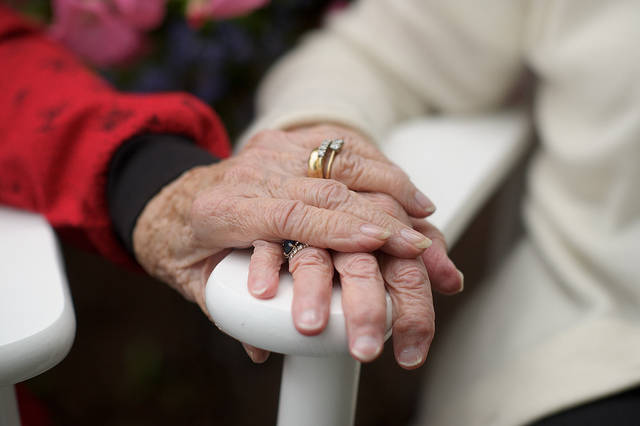
When our loved ones reach their older years, it's not uncommon for them to refuse help. It helps to know the main causes of this resistance so you can better understand how you can help them.
Understanding Why Elderly Refuse Assistance
There could be different reasons why an elderly family member rejects help. The most common reasons are pride, guilt, fear, anger, and denial. Your parents might feel that they are still well capable of taking care of themselves, and they do not want to be a burden. They might also fear the loss of their youth and independence. Another possible cause of defiance is anger. They might be angry, whether at themselves or someone else, that they cannot do things the same way as before. Whatever the main reason could be, it's important that you empathize with them, and show as much patience as you can.
How to Approach Your Elderly Loved Ones
First, always remember that understanding is the key. If your attempt to help is refused, don't feel disheartened. It could be better to involve other family members to help relieve tension. Timing is also crucial, so be sure to have the conversation when everyone's mood is up. However, for this to work out, the involvement should be constructive and supportive. Your elderly member should not feel that he/she is being cornered. Keep the atmosphere light and cheerful. Start the conversation by discussing what your parent can actually still do. From there, you can talk about areas where they need help, and suggest getting assistance. Hopefully, this will convince your parent to reach a certain compromise or agreement and finally accept help.
Considering Independent or Assisted Living
Assisted living is a great option for elderly people who want to maintain some independence while receiving medical and personal care. This type of community offers a home-like setting and promotes the resident's independence. Your elderly parent will receive services such as personal care, monitoring of medication, housekeeping, laundry, social and recreational activities, and 24-hour emergency care. For Connecticut residents, elderly assisted living in CT provides nursing service and assistance to clients living in a managed residential community. The facilities encourage clients to maintain a maximum independence level.
Key Takeaways:
- Talking to your elderly family members about receiving assistance is a good decision especially if they really need it.
- Show the utmost patience and understanding to your elderly parents.
- Encourage them about receiving assistance in a constructive way.
- Suggest independent living so they can still have independence while receiving care.







